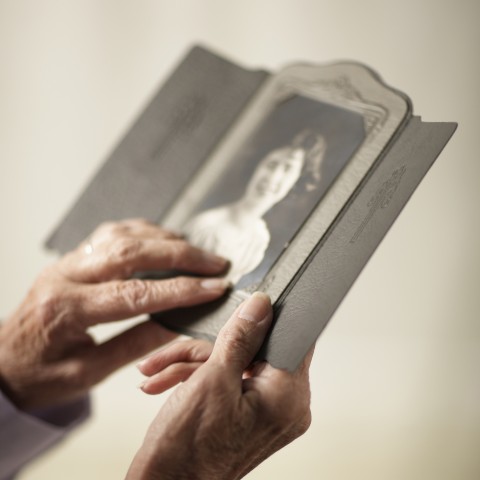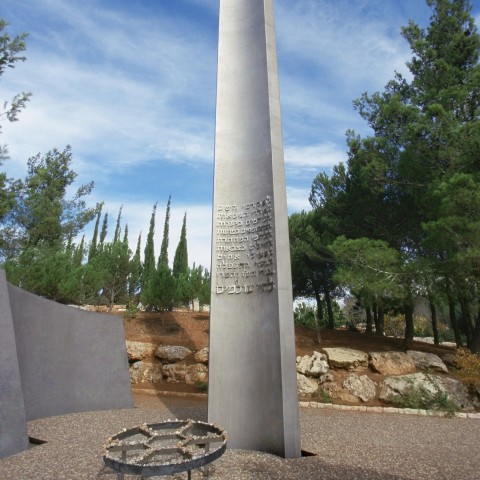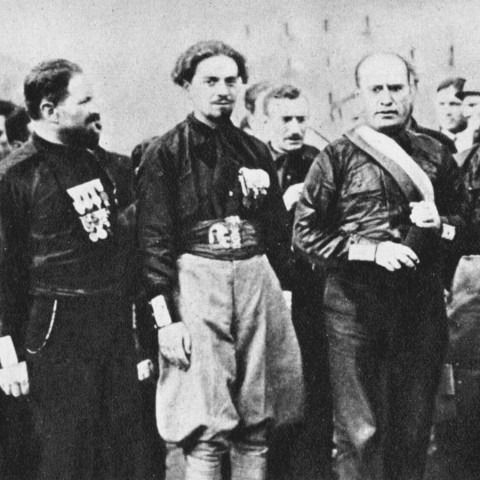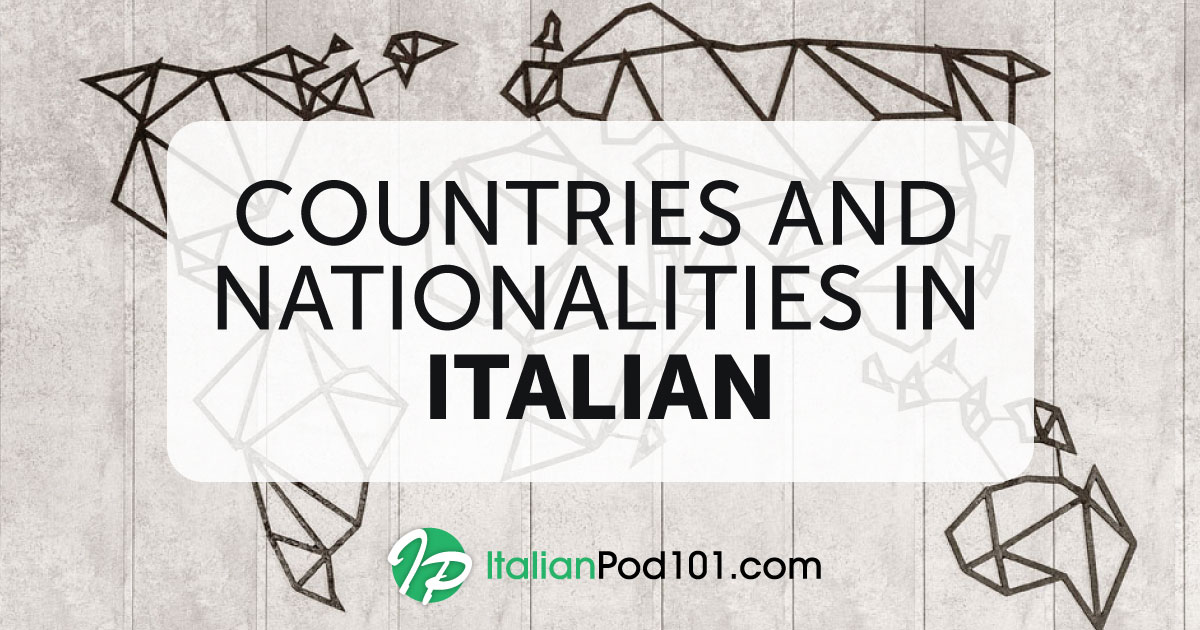From 1943 to 1945, Nazism became more rampant in Italy as some parts of this country came under German occupation. Though the Holocaust in Italy isn’t talked about as widely as the Holocaust in other countries, there’s no doubt that Jews were indeed persecuted here and those seeking to defend them were greatly victimized.
For this reason, Italy holds a commemoration for all victims on International Holocaust Remembrance Day. This Italian Holocaust Day Remembrance is very significant to the Italian people and is a day of mournful reflection on the Italian Holocaust. Holocaust memorials in Italy are especially common in places like Rome, where Nazism became especially strong.
Learn more about Italy and the Holocaust with ItalianPod101.com!
1. What is International Holocaust Remembrance Day?
In Italy, from 1943 to 1945, Jews began to face persecuzione (“persecution”) and deportazione (“deportation”) at the hands of Nazis. They became victims of Nazismo (“Nazism”) and their prigionia (“imprisonment”) in concentration and death camps was made possible as parts of Italy came under German occupation.
Up until 1943, parts of Italy were actually seen as a sort of refuge for Jews. That changed once Italy surrendered to Germany, and approximately 16% of Jews living in Italy during the next two years of persecution were killed.
Even in Italy there were a few concentration camps, and one of the best known is Fossoli in Emilia Romagna, which can still be visited today.
Italy and many other countries celebrate the Day of Remembrance (Giorno della Memoria) to commemorate the victims of Nazism and those who put their lives at risk to protect the persecuted.
2. When is International Holocaust Remembrance Day?

International Holocaust Remembrance Day takes place on January 27 each year.
January 27 was chosen as the symbolic date of the end of the Holocaust, because this is the day that, in 1945, the Auschwitz campo di concentramento (“concentration camp”) was liberated by the Russian army. The discovery of the Auschwitz camp was the first revelation to the world of the full horror of the Nazi genocide.
3. How is it Celebrated?

On this day, special events are organized to remember those who lost their lives, especially in the Italian cities that were host to Nazi persecution, such as Rome, or places that are still home to Jewish communities.
For example, the Monument Museum of the Deportees of Carpi hosts an extraordinary exhibition almost every year. The Holocaust in Italy is commemorated with different artistic and literary testimonies as well, some of which we’ll discuss in the section below.
4. Additional Information
Undoubtedly, “If This is a Man,” (Se questo è un uomo) by Primo Levi is the representative symbolic novel of Holocaust literary testimonies. Primo Levi, a Jewish-Italian writer, lived through his deportation. As a survivor he committed himself to letting everyone know what happened in the Nazi labor camps and about the exterminations.
But it doesn’t end there. Among the more recent works dedicated to this tragedy is the movie “Life is Beautiful,” (La vita è bella) by Roberto Benigni, who skillfully portrayed the reality of the concentration camps while managing to bring a smile to viewers’ faces.
5. Must-Know Vocab for Italy’s International Holocaust Remembrance Day

To learn more about the history of the Holocaust in Italy, here’s some vocabulary for you to go over.
- Memoria — “Remembrance”
- Giornata della Memoria — “Remembrance Day”
- Leggi razziali — “Racial laws”
- Deportazione — “Deportation”
- Fascismo — “Fascism”
- Vittima — “Victim”
- Nazismo — “Nazism”
- Intolleranza — “Intolerance”
- Persecuzione — “Persecution”
- Prigionia — “Imprisonment”
- Campo di concentramento — “Concentration camp”
- Campo di sterminio — “Death camp”
- Genocidio — “Genocide”
- Liberazione — “Liberation”
- Ricordo — “Memory”
- Forno crematorio — “Crematory oven”
If you would like to hear each of these vocabulary words pronounced, be sure to visit our International Holocaust Remembrance Day vocab list for Italy! There’s an audio file with each word to help you practice your pronunciation!
Conclusion
Now you know more about Holocaust Memorial Day in Italy, as well as information about the Italian Holocaust. What do you think about the Holocaust memorials in Italy? Does your country commemorate International Holocaust Remembrance Day? Let us know in the comments!
For even more information about the Italian culture and language, be sure to visit us at ItalianPod101.com! We offer several vocabulary lists on a range of topics, as well as fun and informative blog posts. You can even talk about what you’re learning with fellow Italian learners in our online community, and get a one-on-one learning experience with our MyTeacher app!
Keep up the hard work and let us be your guide for all things Italian. What are your Italian language-learning goals? Whatever they are, there’s a place for you to plug in at ItalianPod101.com. Join, and speak like a native before you know it!










